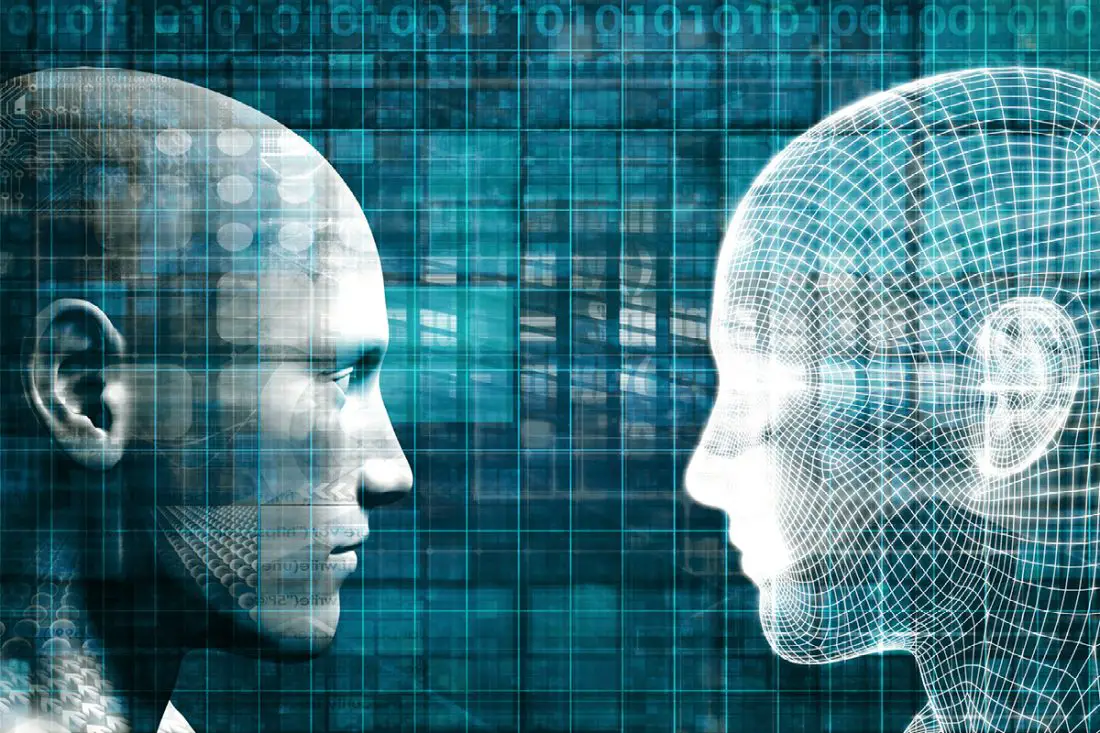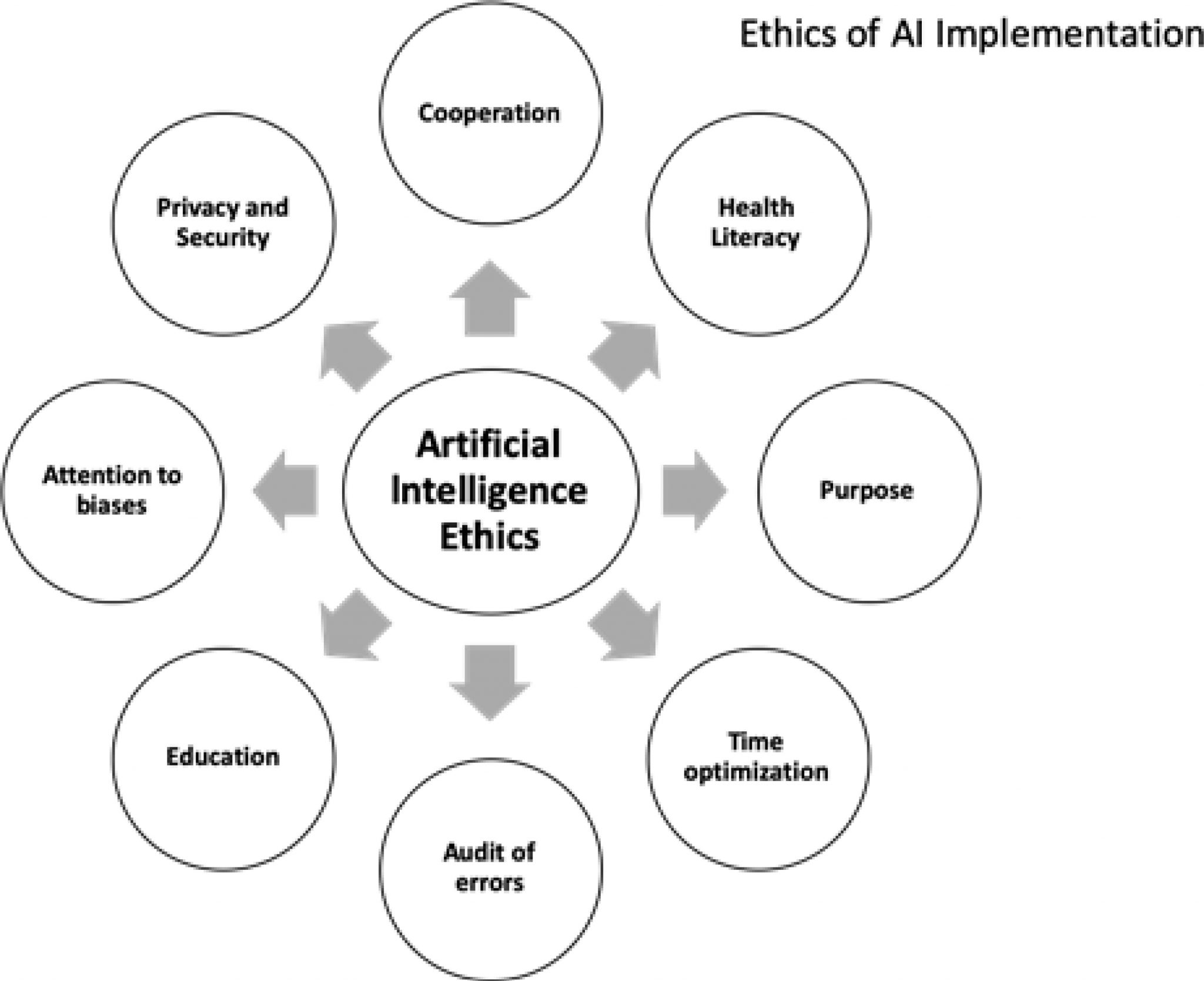Ethical Considerations In Artificial Intelligence Development

Executive Summary

Rapid advancements in artificial intelligence technology have captured the world’s attention, holding the promise of major societal advancements ranging from self-driving automobiles to innovative medical treatments. Yet amid this wave of enthusiasm, the ethical and social implications of AI pose complex challenges that must be meticulously considered and addressed to guarantee its responsible deployment.

The discourse on AI ethics underscores a proactive stance toward mitigating potential risks and guiding the responsible application of AI. Through reflections on the scope of AI’s impact, a robust understanding of the potential risks and benefits of AI, and ongoing conversations about the need for ethical standards, we can foster the development of AI technologies that enhance human flourishing while mitigating adverse societal impacts.
Introduction
As artificial intelligence (AI) technology continues to emerge as a cornerstone of the modern era, it presents a unique juncture for insightful discourse on its ethical implications. This article dissects the indispensable ethical considerations concerning AI development, with meticulous attention paid to pertinent questions and indispensable safeguards. The complexities associated with AI ethics are far-reaching, affecting numerous facets of societal functioning, from individual privacy and algorithmic bias to the potential for AI-driven job displacement.
FAQs
1. What are the primary ethical concerns regarding AI development?
AI development raises concerns regarding privacy infringement, algorithmic bias, and job displacement, among other issues.
2. How can we address ethical concerns in AI development during the design phase?
Incorporating ethical considerations at the design phase encompasses integrating fairness, transparency, and accountability principles, as well as involving stakeholders in the development process.
3. What role do governments play in regulating AI development?
Governments play a crucial role in shaping AI’s ethical trajectory through policy formulation, funding research, and establishing ethical guidelines.
Subtopics and Considerations
1. Privacy and Data Security
- Data Collection and Storage: AI systems rely on vast amounts of data, raising concerns about data privacy and security.
- Data Bias: Biased data can perpetuate existing inequalities and lead to unfair or inaccurate AI outcomes.
- Informed Consent: Individuals must be fully informed of data collection practices and have control over how their data is used.
- Transparency and Accountability: AI systems should be transparent and accountable, with clear explanations of how decisions are made.
- Data Ownership and Control: Establishing clear guidelines for data ownership and control is crucial in an AI-driven world.
2. Algorithmic Bias and Fairness
- Mitigation Strategies: Addressing algorithmic bias requires proactive measures, such as bias mitigation techniques and diverse data representation.
- Impact on Marginalized Groups: AI systems must be designed to minimize adverse impacts on vulnerable or marginalized groups.
- Transparency and Explainability: AI algorithms should be explainable and transparent, reducing the risk of opaque or unfair decision-making.
- Regulatory Oversight: Government oversight and regulation play a critical role in ensuring algorithmic fairness and preventing discrimination.
- Ethical Considerations in Model Training: Continuous monitoring and evaluation of AI models are essential to detect and address biases that may arise during training.
3. Job Displacement and Economic Impact
- Potential Job Losses: Automation and AI-driven efficiency improvements may lead to job displacement in certain sectors.
- Retraining and Reskilling: Governments and educational institutions must invest in retraining and reskilling programs to equip individuals for the changing job market.
- Human-AI Collaboration: AI can augment human capabilities, creating new roles that require collaboration between humans and AI systems.
- Universal Basic Income: Some propose a universal basic income to mitigate the economic consequences of AI-driven job displacement.
- Ethical Responsibilities of Employers: Employers have an ethical responsibility to support workers affected by AI-related job displacement.
4. Human Dignity and Agency
- Autonomy and Decision-Making: AI systems should empower humans, not replace them, allowing for meaningful human agency and autonomy.
- Psychological Impact: The proliferation of AI can have psychological effects, potentially diminishing human self-reliance and creativity.
- Human Control and Oversight: It is imperative to maintain appropriate levels of human control and oversight of AI systems.
- Ethical Guidelines: Establishing ethical guidelines for AI development and deployment should prioritize the preservation of human dignity.
- Balancing Efficiency and Humanity: Striking a balance between AI efficiency and the preservation of human values is a complex but essential task.
5. Governance and Regulation
- Global Collaboration: Ethical considerations for AI development transcend national borders, necessitating global collaboration and harmonized regulations.
- Policy Framework Considerations: Government policies should consider AI’s impact on various aspects of society, from labor markets to healthcare.
- Ethical Guidelines: Establishing comprehensive ethical guidelines for AI development and deployment is crucial for fostering responsible and beneficial use.
- Regulatory Standards: Clear regulatory standards are essential to govern AI development and ensure compliance with ethical principles.
- Independent Oversight Bodies: Independent oversight bodies can provide critical assessments of AI systems, ensuring adherence to ethical norms.
Conclusion
The ethical considerations surrounding AI development are multifaceted and require ongoing attention. By proactively addressing the potential risks, investing in research and education, and establishing robust ethical guidelines, we can shape the development and deployment of AI to augment human capabilities, promote societal well-being, and safeguard our fundamental values. The ethical trajectory of AI is in our hands, and it is our responsibility to guide its development towards a future that benefits all.
Keyword Tags
- AI Ethics
- Ethical Considerations
- Algorithmic Bias
- Privacy and Security
- Human Dignity
